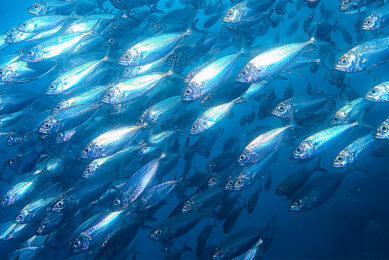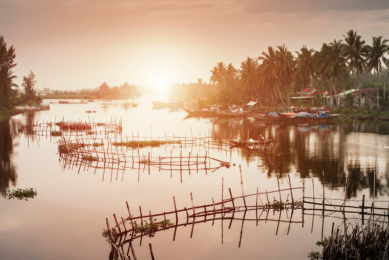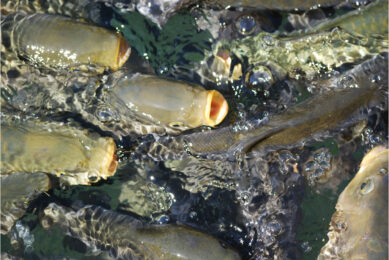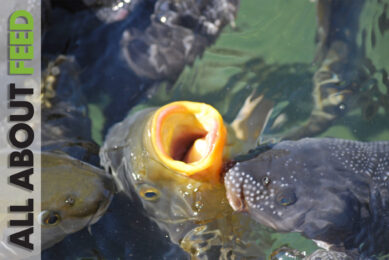AquaVision speaker in journal Science
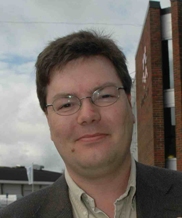
AquaVision-speaker Frank Asche passed the narrow test and had an article accepted in the February issue of Science, the world’s leading science journal.
Professor Frank Asche is co-author of the article Sustainability and Global Seafood published in February 2010 in the highly reputed journal Science, read monthly by one million readers.
In June Professor Asche will be one of the speakers at Nutreco’s aquaculture conference AquaVision in Stavanger, Norway.
As a researcher and lecturer in the production and marketing of seafood at the University of Stavanger, Professor Asche has a close interest in the driving forces for aquaculture growth.
Scary: High salmon prices
Professor Asche warns against salmon prices that are too high. They might hamper the long-run growth in the industry.
“The salmon industry faces a challenge in finding suitable locations for its farms. Under-establishment of new farms might result in an industry that is not able to meet the demand and therefore to even higher prices: While this is good for the farmers in the short term, it is also a driver for new species that might attract consumers and move them away from salmon,” Asche says.
Everything must be right
“In order to succeed as an aquaculture industry and continue the growth, all the drivers have to be right at the same time – technology, costs, governance and marketing. That is why salmon is the big aquaculture success in Europe, far, far beyond sea bream in second place,” the professor points out.
“The sea bream industry equals salmon both in technology and costs, but its marketing have not been at a sufficient level and product innovation is virtually non-existent – bream being solely sold as a portion fish. That is the main reason why the bream production is still small with salmon as the big brother.”
ISA situation in Chile
“The market alone does not have the governance mechanisms to regulate general conditions applying to all companies. In this situation, actions that are rational for individual companies might add up to a breakdown such as the one we now see in Chile. Several other species have gone through similar development.”
The need for governance is a main conclusion of Asche and co-authors in the Science article.
“The lack of authorities, knowledge and traditions to regulate production is a challenge to sustainability. Governance is a prerequisite to sustainable aquaculture and a successful industry. However, when the alternative is extreme poverty, you are willing to sacrifice environmental sustainability for short term gains such as coastal mangrove forests to shrimp farming. This ought to be taken into account in the aid programmes of the industrial countries,” says Professor Frank Asche.
1) Sustainability and Global Seafood. Martin D. Smith, Cathy A. Roheim, Larry B. Crowder, Benjamin S. Halpern, Mary Turnipseed, James L. Anderson, Frank Asche, Luis Bourillón, Atle G. Guttormsen, Ahmed Khan, Lisa A. Liguori, Aaron McNevin, Mary I. O’Connor, Dale Squires, Peter Tyedmers, Carrie Brownstein, Kristin Carden, Dane H. Klinger, Raphael Sagarin, and Kimberly A. Selkoe. Science 12 February 2010 327: 784-786
Related website: AquaVison




